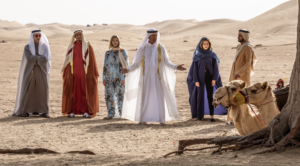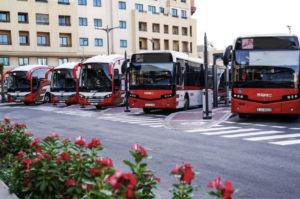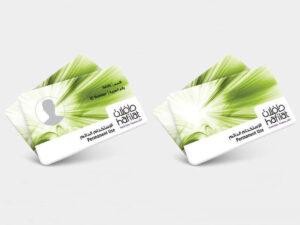When you visit Dubai, embracing the local language adds a layer of cultural immersion. Familiarizing yourself with Arabic phrases, especially those related to greetings, enriches your experience of the renowned Arab hospitality.
From the moment you meet someone until you bid farewell, the warmth of Dubai’s hospitality surrounds you. It’s more than just saying “hello.” It’s the gesture of Arabic coffee and the offering of rose water that make you feel truly welcome.
Reciprocating this hospitality is a simple way to connect with the people of Dubai. Understanding a bit of Arabic etiquette can enhance your interactions. For example, when men greet each other with a handshake, they often come face-to-face, allowing their noses to touch. It’s customary to use the right hand, as the left is considered unclean.
How to Greet in Arabic
1. Saying “Hello”
- As-salaam ‘alykum – This common greeting means “peace be upon you.” It reflects the essence of surrender to the will of God. For Muslims, it signifies their religious identity. Non-Muslims can use it with Arabs they know well. The reply to this greeting is “Wa ‘alaykum as-salaam,” meaning “peace be upon you too.”
- Ahlan – A versatile greeting suitable for any time of the day. Approach the person with hands together and kiss them on the cheeks while saying “Ahlan.” Traditionally, men kiss men and women kiss women, but this depends on the relationship. The more formal version is “Ahlan Wa Sahlan” (welcome). Reply with “Ahlan bik” to a male or “Ahlan biki” to a female. For a group, say, “Ahlan bikum.”
- Marhaba (Welcome) – Derived from “rahhaba,” meaning “to welcome.” The common replies are “Marhaban bik,” “Marhaban biki,” and “Marhaban bikum” for a male, female, and a group respectively.
2. Time-specific Greetings
- Sabah al-khayr – Meaning “good morning.” There are several replies to this greeting, with the most common being “Sabah an-noor,” meaning “morning of light” or expressing joy, beauty, or positivity.
- Misa’ al-khayr – Equivalent to “good evening,” with a similar range of replies as the morning greeting.
- Tisbah ‘ala khayr – Used to wish “good night,” meaning “wake up to the good.” The reply is “Wa anta/anti min ahloo,” conveying the wish to be among the good.
Arabic Coffee and Rose Water
Arab hospitality extends beyond words to include gestures like offering rose water and Arabic coffee. Rose water, a Bedouin tradition, is poured over your hands upon arrival to refresh guests. Arabic coffee is offered in two ways: half a cup if you’re welcome to stay longer, and a full cup if it’s time to leave.







